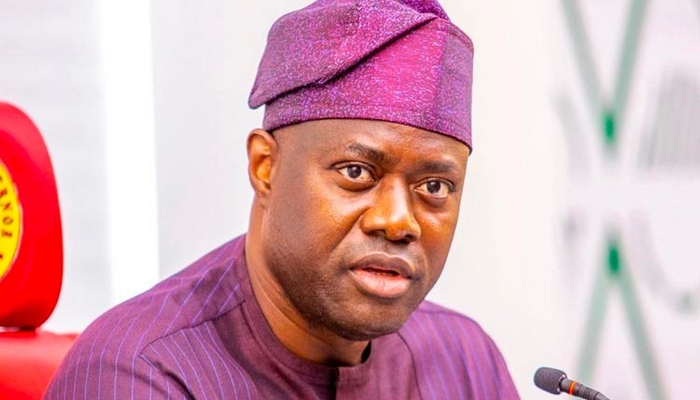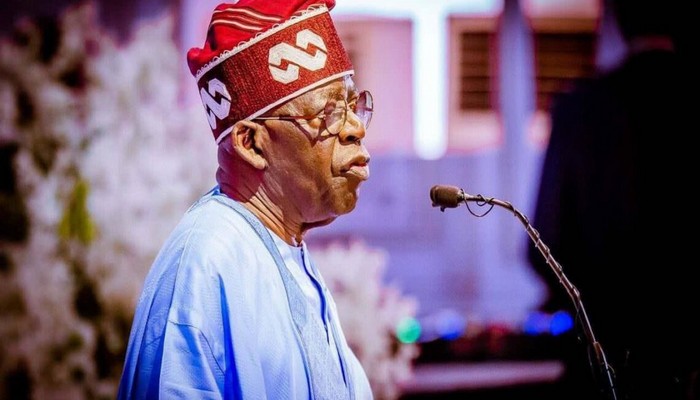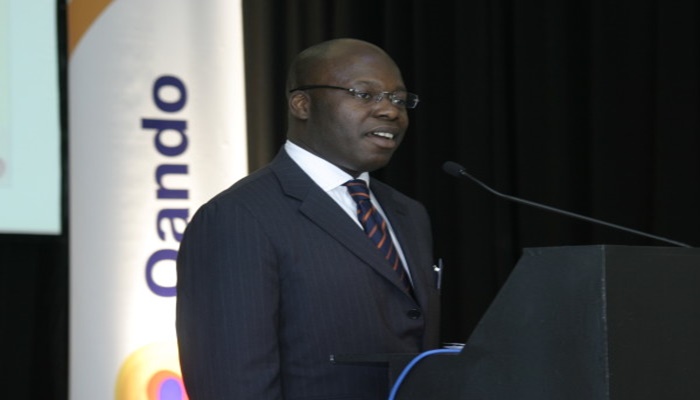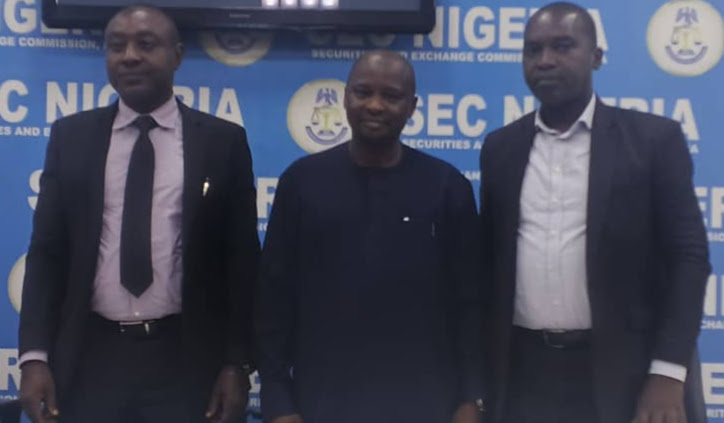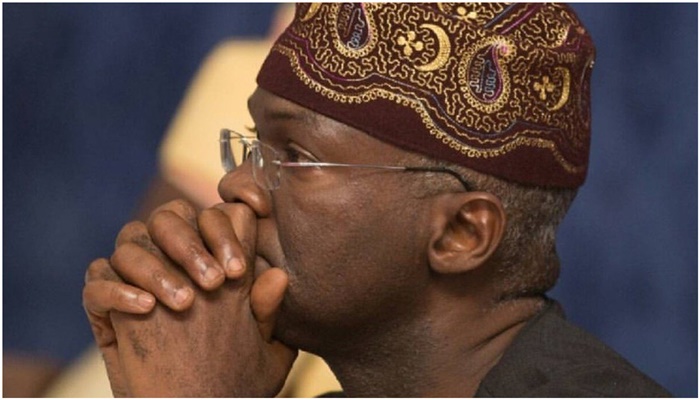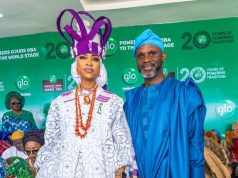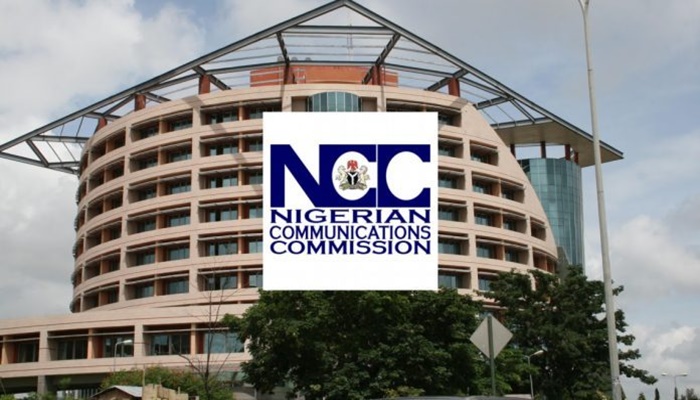The Minister of Works and Housing, Mr. Babatunde Fashola, has been on the eyes of storm of recent as many Nigerians, especially in the social media, continue to attack him for his statement on the state of federal roads across the country.
It would be recalled that while addressing state house correspondents on Wednesday, shared his views on the country’s road networks and the plan of his ministry to put them in order.
But his statement that some of the roads were “not as bad as sometimes” portrayed them offended many Nigerians, and they could not hold back their discontent.
A member of the House of Representatives, Bamidele Salam (PDP-Osun), in fact, challenged the minister, as well as other concerned stakeholders, to boycott air travel for a 90-day road travel tour. The PDP also called for the minister’s resignation.
Below, however, is the full transcript of his speech during the meeting with journalists on Wednesday.
“I understand the role of the media, not just to report the news but also to educate the public.
“I have invited this (press) corps to either convey a one-day meeting where all the issues concerning roads and housing (can be) addressed and I make myself open to any invitation as you may deem fit so that you can have a better understanding of what’s going on in various sectors.
“I say this in the context of: when I come here to announce that a particular amount has been approved for a contract, that doesn’t mean the amount has been paid, contrary to what you suggest.
“You’re mindful also that the ministry of finance, different arms of government are escalating the fiscal challenges we face as a nation, in trying to fund the budget. You’re also mindful that the last few budgets in Nigeria in the last 20 years have been deficit budgets. These are terminologies and realities we should acquaint ourselves with if we are going to not just report but also educate the public.
“You must also be aware that between awarding a contract and mobilising, there is a distance. First, we have to have an agreement between the ministry of works and the ministry of justice. There is also a role that banks play. These are the things I’d like to know as a correspondent, in order to be able to help me better inform the public.
“Also, building materials, rocks, laterite, quarry, iron rod have to be ordered. Construction companies don’t keep them. The process of blasting rocks requires approval from the ministry of mines and even the office of the NSA (National Security Adviser) to get approval, to get dynamite.
“(On) the problem of some places like Warri/Benin/Sapele road, and the southeast you talked about. First, you have to know that these places don’t stand in isolation. The Niger Delta is the lungs of Nigeria; that’s the rainforest, a high water table area.
“These problems (were) not as pronounced as they are now in January and February. The reason is that is the dry season of the year. This is the rainy season. I know no country that doesn’t face transport challenges in extreme weather. In some places, it is winter and snow; they cancel flights. In some places, it is typhoon.
“Flood will affect roads. We’ve seen cites submerged. We’ve seen infrastructure blown down in other parts of the world. It’s one world. This is our time to experience it. We want this season to quickly end so that we can go back to work in the dry season.
“That takes me to the preparation for the ember months. We would be working with the law enforcement agencies, the FRSC, our contractors. The plan is that, in places where they are not yet constructed, they should make palliative so that the heavy traffic movement during the end of the year is manageable and we reduce the inconvenience of our commuters to the barest minimum.
“Help us manage the understanding of the public that you can’t drive through a construction site at normal speed. You owe us that understanding that people must expect some inconvenience. We regret it but we would do our best to bring it down to the barest minimum. If we don’t have rainfall in a year, it will affect food. These are the realities of existence.
“Let me also say that today, my colleague in transportation, Rotimi Ameachi, announced some initiatives. I won’t steal his thunder than to say we expect benefits from those initiatives on some critical routes during the next few weeks that will bring relief to our road networks as those train services come on stream. I’m confident that all of these problems will become history within a short time.
“To appeal to you, yes, we are here to solve problems. Problems (are) headlines for you. But I think, for balance, it is also to show that not all of the roads are bad. Because the focus is on the bad part but you owe Nigerians, whose taxes we use, to also show them that some works (are) going on. Because it is not all Nigerian roads that are unmotorable.
“On Benin-Warri road, for example, many sections are motorable. It is a part that has caved in and collapsed, and that’s where the pain is, and that’s where we would respond to. Same thing for Lagos-Ibadan.
“It is important for us to have balance in order to encourage people to have hope in the country because it is not as bad as sometimes we portray it. That’s your headline, we know. But it’s important we let them know that on a 100km stretch, maybe 10-15 per cent is bad. Maybe you actually drive to that point before you feel the pain. Those are the places we would address.
“Thank you very much”.






